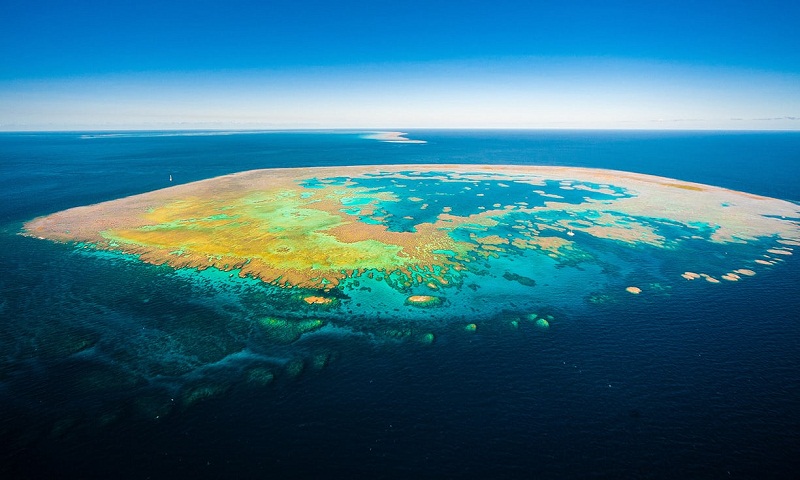Countries with coral reefs must do more on climate change – UNESCO

Countries with responsibility over world heritage-listed coral reefs should adopt ambitious climate change targets, aiming to cut greenhouse gas emissions to levels that would keep global temperature increases to just 1.5C, the UN agency responsible for overseeing world heritage sites has said. At a meeting of Unesco’s world heritage committee in Krakow, Poland, a decision was adopted that clarified and strengthened the responsibility of countries that have custodianship over world-heritage listed coral reefs. Until now, most countries have interpreted their responsibility over such reefs as implying they need to protect them from local threats such as water pollution and overfishing. But between 2014 and 2017, reefs in every major reef region bleached, with much of the coral dying, in the worst global bleaching event in recorded history. Over those three years, 21 of the 29 listed sites suffered severe or repeated heat stress. Last month Unesco published the first global assessment of climate change’s impacts on world heritage-listed reefs and it concluded that local efforts were “no longer sufficient” – concluding the only hope was to keep global temperature increases below 1.5C. The new decision builds on that assessment, clarifying the responsibility of countries with custodianship over world-heritage listed coral reefs. The decision adopted by the world heritage committee said it “reiterates the importance of state parties undertaking the most ambitious implementation of the Paris agreement”, which it noted meant pursuing efforts to limit global average temperature increase to 1.5C above pre-industrial levels. It went on that it “strongly invites all state parties … to undertake actions to address climate change under the Paris agreement that are fully consistent with their obligations within the world heritage convention to protect the [outstanding universal values] of all world heritage properties”. The decision appeared to implement the earlier finding that local efforts were insufficient to protect reefs, and indicated the committee considered that countries were obliged under the world heritage convention to undertake strong action on climate change.

